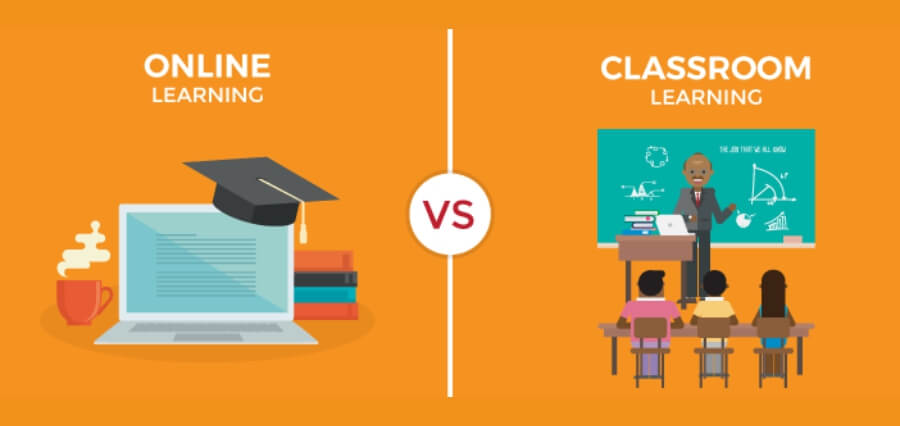Online Education: Pros and Cons
Online education has become increasingly popular in recent years, especially with the emergence of the COVID-19 pandemic. Like any form of education, online learning has its pros and cons. Here are some of the advantages and disadvantages of online education: Pros: 1. Convenience and Flexibility: Online education offers flexibility in terms of scheduling, allowing students to access course materials and lectures at their own pace and on their own schedule. 2. Cost-Effective: Online education is often more affordable than traditional classroom-based education, as it eliminates expenses such as transportation, housing, and textbooks. 3. Access to a Wide Range of Courses: Online education offers students access to a wide range of courses and degree programs that may not be available in their geographic location. 4. Personalized Learning: Online education allows for a more personalized learning experience, as students can progress through course material at their own pace and receive individualized feedback from instructors. 5. Develops Self-Discipline and Time Management Skills: Online education requires a high level of self-discipline and time management skills, which are essential for success in any field. Cons: 1. Lack of Interaction: Online education may lack the face-to-face interaction and socialization opportunities that traditional classroom-based education provides. 2. Technology Issues: Online education requires reliable internet access and a computer or mobile device, which can be a barrier for some students. 3. Limited Support: Online education may not provide the same level of support as traditional classroom-based education, as students may have limited access to instructors, tutors, and other resources. 4. Self-Motivation: Online education requires self-motivation, which can be a challenge for some students. 5. Quality of Instruction: The quality of instruction can vary widely in online education, and students may have limited opportunities to provide feedback or voice concerns.In conclusion, online education offers many advantages, including convenience, flexibility, cost-effectiveness, access to a wide range of courses, and personalized learning. However, it also has its disadvantages, including a lack of interaction, technology issues, limited support, the need for self-motivation, and the variability in the quality of instruction. It is important for students to carefully consider their individual needs and preferences when deciding whether online education is the right choice for them.
